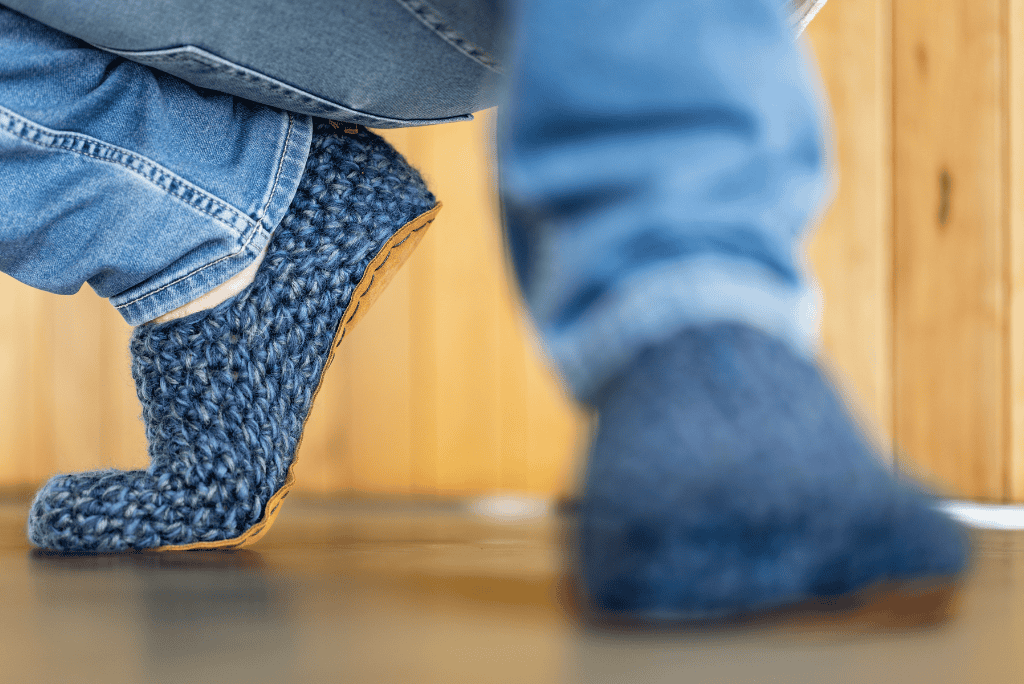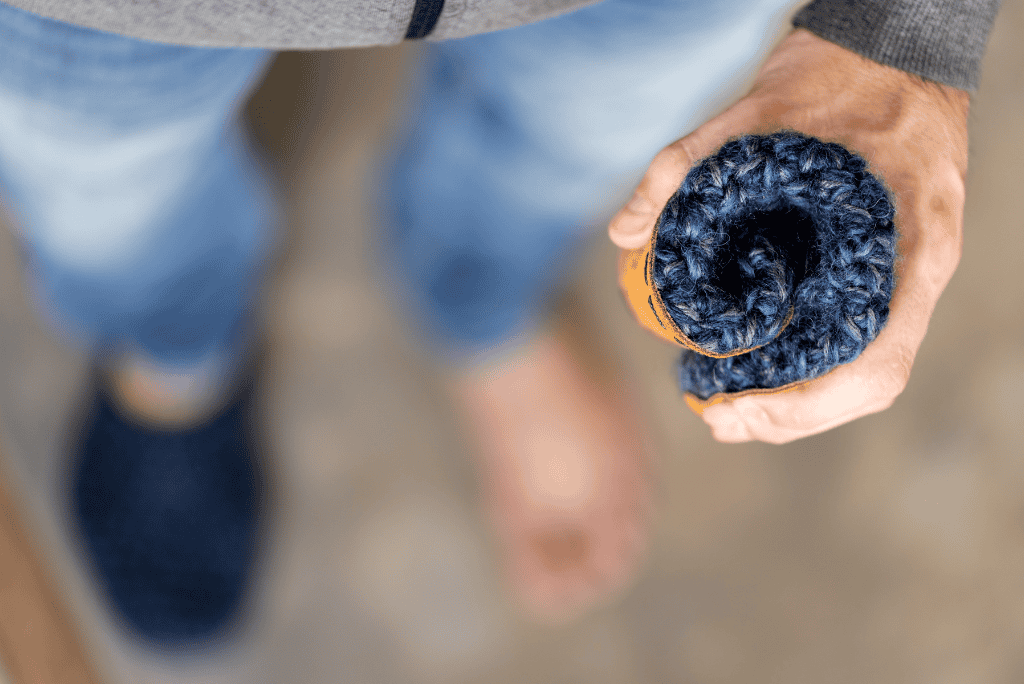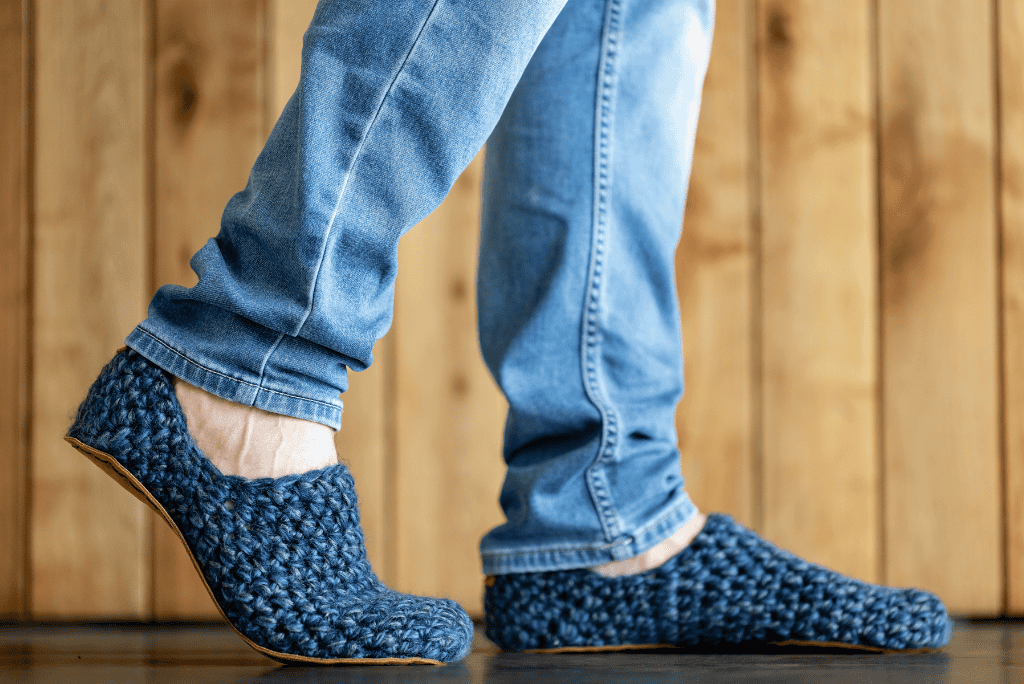What is Barefoot Footwear?
Barefoot (or minimalist) footwear allows your feet to move as if barefoot.
Letting your feet function as naturally and freely as possible without restriction.
Together your feet have 52 bones (a quarter of the total bones in your body), 66 joints, 38 muscles, 20 tendons and 214 ligaments. Your feet contain around 8,000 nerves that’s more per square inch than any other part of your body. Your feet are the foundation for your entire body providing support, balance, posture and over wellbeing. Your feet are pretty amazing! So it makes sense to look after them in as natural way as possible.
But what makes footwear, barefoot?
Wide Toe Box
Regular footwear often narrows at the front meaning your toes can be squashed into unnatural shapes. Barefoot shoes follow the curvature of your feet providing plenty of room for your toes to spread out naturally.
Zero Drop
Refers to the height difference between the front of the shoe and heel area. Barefoot shoes are completely flat meaning your whole foot is flat on the ground helping to keep your spine balanced and body aligned.
Flexibility & adaptability
Barefoot shoes follow the natural movement of your feet allowing them to maximize flexibility and mobility. Regularly using a full range of motion, helps your feet develop the necessary muscles to provide support and remain strong.



No Arch Support
Cushioning in conventional shoes were created to make life easier for feet, but if your feet don’t have to work, they become weaker over time. Barefoot footwear is designed without support allowing your feet to become strong, helping long-term foot health.
Lightweight
We’re encouraged to walk around 10,000 steps a day. With the average pair of shoes weighing up to 3 lbs that’s a lot of unnecessary weight to carry (approx. 15,000 lbs every day). Barefoot shoes should be lightweight and not heavy on your feet.
Thin Soles
Allow you to feel the ground beneath your feet, helping all those 8,000 nerve endings in the soles of your feet to send information about their surroundings back to your brain, making it easier for you to move more confidently.





